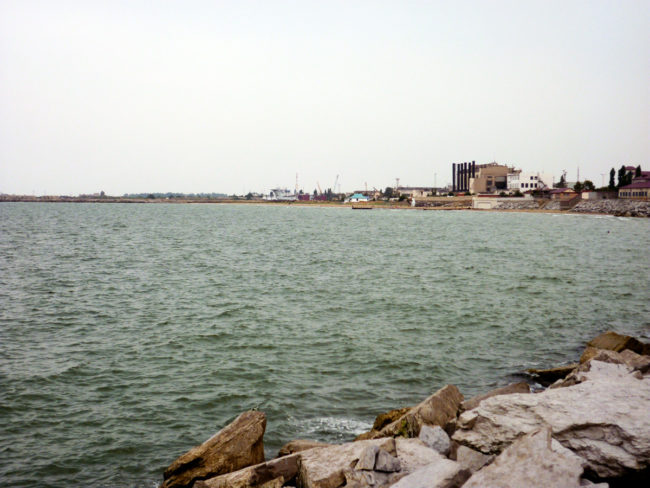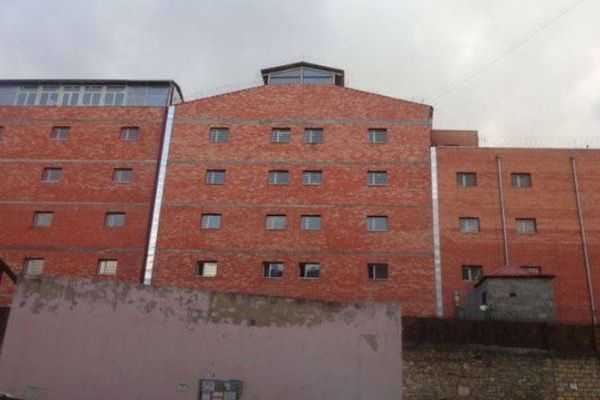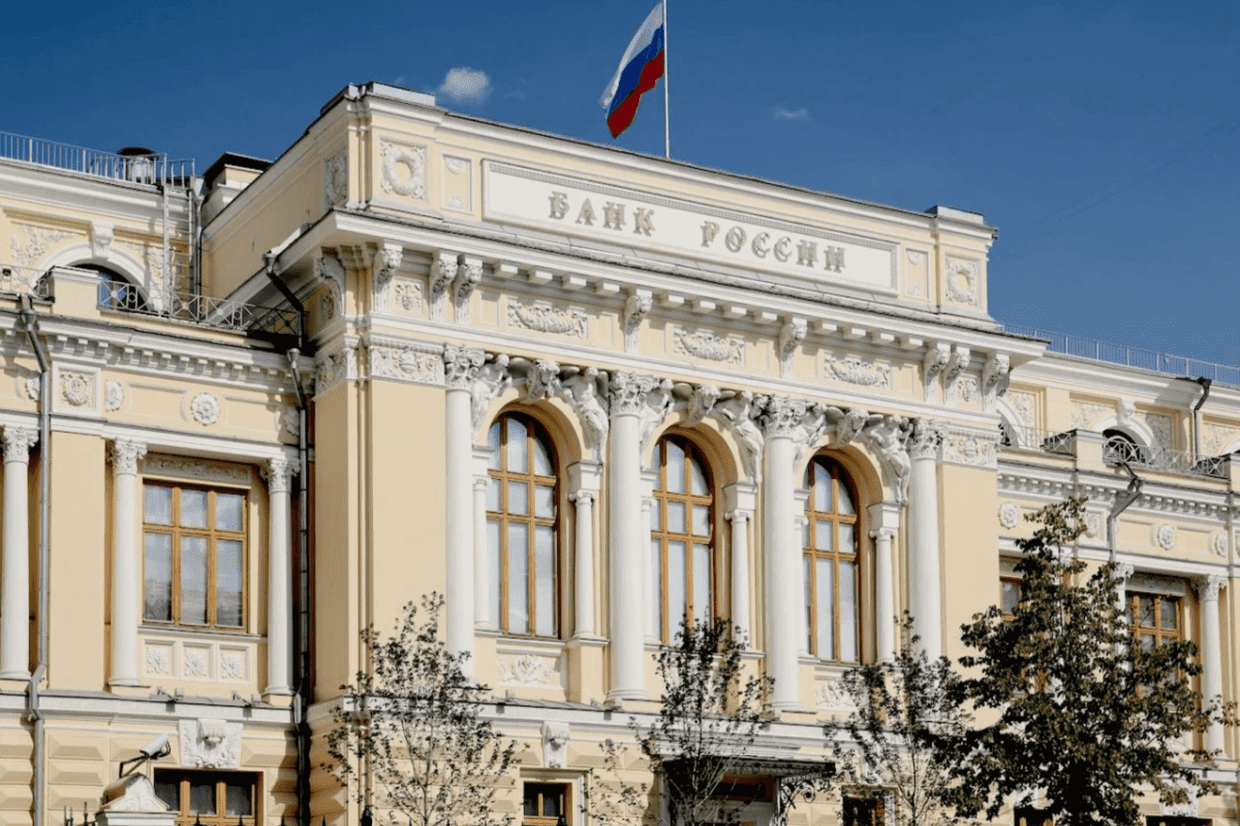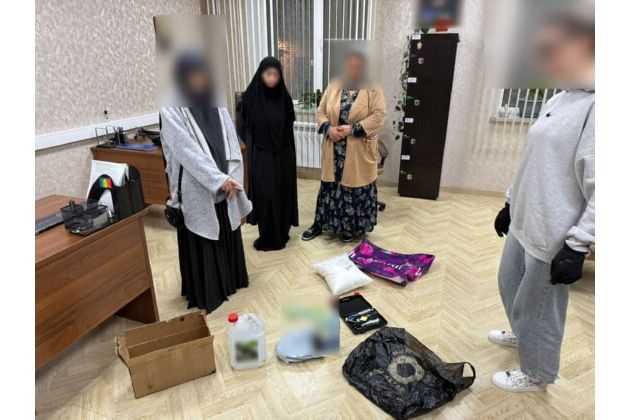

 On 5 March, about 50 people staged a protest against construction projects on beach in the Daghestani city of Kaspiysk. The activists doubt the city authorities’ assurances that the beach will be improved.
On 5 March, about 50 people staged a protest against construction projects on beach in the Daghestani city of Kaspiysk. The activists doubt the city authorities’ assurances that the beach will be improved.
Kaspiysk is a small city in Daghestan located on the shores of the Caspian Sea. It is home to about 100,000 people. The city is located 14 km from Daghestan’s capital, Makhachkala, which allows the capital’s residents and visitors to come to Kaspiysk for leisure.
On 4–5 March, a photograph showing heavy machinery and dug up areas of the beach made the rounds on social networks. Residents of Kaspiysk and social activists decided to stage a protest.
The Kaspiysk City Administration published a statement which said that the seaside promenade needed a major overhaul.
‘Due to rising sea levels, water spontaneously destroyed coastal areas and infrastructure. (…) In this regard, a reconstruction and improvement project of the city’s waterfront was prepared. In its framework, favourable conditions for citizens and visitors alike are planned to be created. This project includes: creation of modern sport grounds and a berth for yachts with two piers and observation decks’, the statement read.
Kaspiysk’s chief architect, Akhmed Makhov, came to the protest to meet the disgruntled activists. He told the protesters that the beach was going to be improved, including making new paths and creating a green area. The activists are angry that the project includes building a hotel, a yacht club, and a boat berth.
‘My family moved to Kaspiysk from Makhachkala because we liked the proximity to the sea and the good, clean, and quiet beach. Now it turns out that the beach will be built over with who knows what. It’s not true that anything will be left of this beach. They are planning to build a closed-off grand hotel with access to the sea and a yacht club. Simply put, they are stealing the beach from the city’, activist and inhabitant of Kaspiysk, Anna Gadzhiyeva told OC Media.
‘People from Makhachkala and Moscow come to visit this beach. Everybody’s happy and everybody likes the beach, despite the fact that it’s not entirely comfortable. It’s quiet, calm, and clean. If the beach is taken, only a small square will remain for the same number of people. It will be crowded and dirty — a pandaemonium. Regarding the second beach in Kaspiysk, several years ago they removed the upper layer of sand, leaving raw, crumpled, cement-like sand. People are very unhappy with this beach. This is why everyone comes to this beach, even from the other part of the city. In fact, it turns out that this seaside town will be left without a beach’, resident of Kaspiysk, Rasul Magomedov told OC Media.
The activists created open groups in Facebook and VKontakte where they publish updates about the fate of the beach and discuss further actions to save it. On 5 March, an initiative group collected signatures against the construction project among residents of nearby houses.
‘We gathered information on the planned construction. We submitted a collective complaint to the Prosecutor’s Office signed by 120 people. In addition, we prepared an appeal to deputies of the State Duma. We are planning to submit it today or tomorrow’, activist Khabib Aygumov told OC Media.
In early February, residents of Makhachkala managed to save the city’s oldest park from being constructed on. Construction of a museum was planned in the park, which would have resulted in the destruction of about 60 trees. Activists succeeded in preventing the construction project from going ahead. Makhachkala’s authorities allocated a site for the museum in another part of the city.








